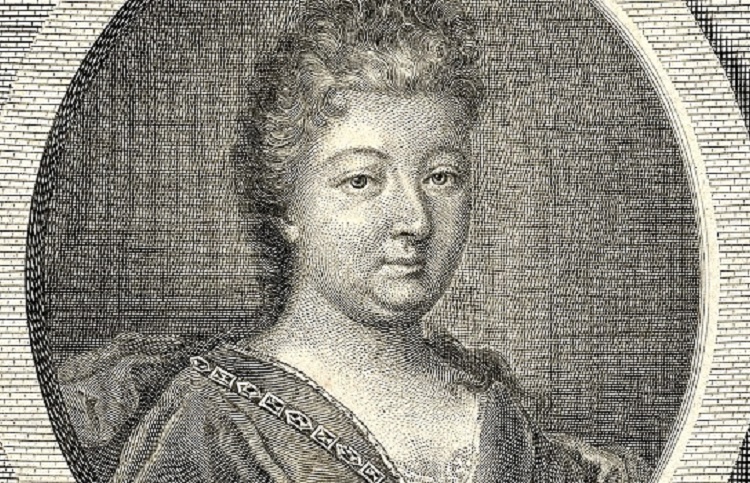Eduardo González
In April 1679, the Countess Madame d’Aulnoy, a French aristocrat who wrote fairy tales, got to know first hand the celebrations of Holy Week in Madrid, where she was struck by the ease with which the ladies took advantage of the processions to meet with their lovers in the churches and the care with which the disciplinarians “flayed themselves alive” to please their loved ones.
The experiences lived by Marie Catherine Le Jumel de Barneville in Madrid (where she worked as correspondent of the Parisian newspaper La Gazete and attended the marriage between Charles II and her compatriot Maria Luisa de Orleans) were reflected in the letters sent to a relative, compiled in the book Relationship of the trip of Spain in 1670 of the Countess D’Aulnoy.
In one of them, written on April 27, 1679, the countess recounts her experience in Holy Week, beginning with the Cuaresma (Lent), in which, as she could verify, “almost nobody” fulfilled the obligatory fasting for Lent. “Sell the papal bulls in the Nuncio’s house, and the papal bull purchased for three reales allows milk and cheese butter to be eaten throughout Lent and the wastes of the meat on Saturdays throughout the year”.
Between Wednesday and Good Friday, Madame d’Aulnoy dedicated herself to touring Madrid to see the penitential stations, the Holy Week processions of the brotherhoods. “Very different things happen in those days between true penitents, lovers and hypocrites”, she writes in his letter.
“Some ladies, on the pretext of devotion, do not leave in such days to go to certain churches where they know from the previous year that their lovers will be willing to contemplate them”, she continues. Consequently, “the husbands who kept their expensive wife for twelve months often lose it on the day when she should have been more faithful to them”.
That amorous fervor was repeated even in the public penances of disciplinarians, a “very unpleasant” show in which the participants “hide their shoulders hideously, from each of which a river of blood flows”.
“When they arrive in front of the bars of their beloved”, the disciplinarians “fustigan with wonderful patience”, she says. “The lady observes this capricious scene from the latticework of her room, and by some understandable signal encourages them to flaunt themselves alive, giving them to understand how much they appreciate that barbaric gallantry”, she adds.
As if that were not enough, “when the disciplinarians on their way stumble upon a beautiful lady, they tend to stand at their side and shake themselves so that when their blood leaps they fall on the lady’s dresses. This is a remarkable attention, and the lady, very grateful, thanks them”.
The Countess D’Aulnoy also knew the great procession of Good Friday, in which all the parishes participated and in which “the ladies dress more than in the day of their weddings”. “The procession leaves at four o’clock, and at eight o’clock many times it is not over yet. It would be impossible for me to quote the innumerable people I saw in it, starting with the King, Don Juan de Austria, the Cardinals, the Ambassadors, the Grandes (Lords), the Courtesans, and the whole world of the Court and the Villa”, recounts the Norman aristocrat.
In this procession, she continues, they take out “groups of images that represent the mysteries of the life and death of Our Lord Jesus Christ. The figures are pretty bad and badly dressed, but they are so heavy that sometimes a hundred men are not enough to carry a pedestal on which a mystery is displayed, and the number of bases is very large, because each parish has enough and all”.





